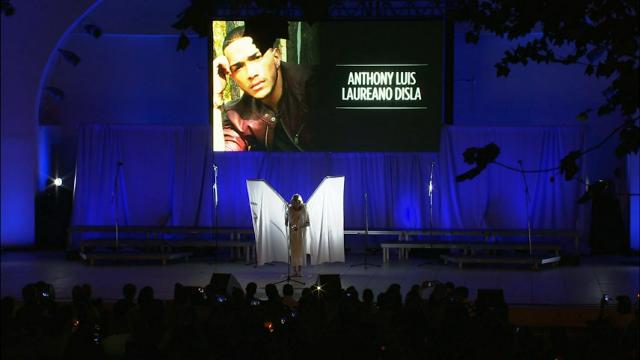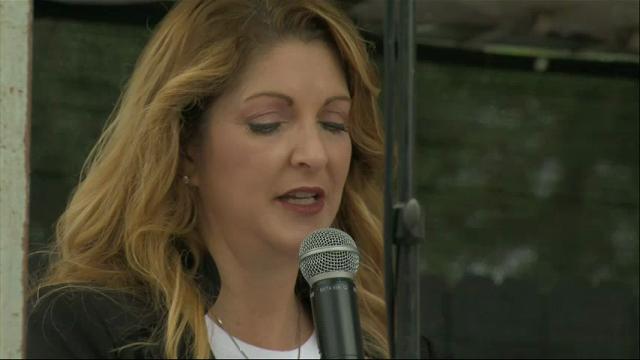Federal review of Orlando's Pulse shooting: Police followed procedure, but more can be done

A massive review of how first responders handled the Pulse shooting in Orlando found that local law enforcers followed department procedure for a hostage situation in waiting several hours to enter the nightclub — but policies need to be updated as terror attacks escalate.
The 200-page review of the shooting was released Monday and offered a critique over how the first responders handled the attack, along with what other law enforcement agencies can learn for the future.
The report, which was commissioned by the Department of Justice's Community Oriented Policing Services, provides a detailed timeline of the attack, which left 49 dead and dozens of others injured, and offers a guide of best practices during a mass attack for other departments across the nation. The report is similar to other reports completed after attacks in San Bernardino, Calif.; Aurora, Colo.; and Newtown, Conn.
"We decided that we wanted an outside entity to do an after-action report so that we could learn and that other law enforcement agencies could learn from the incident and help prepare them for other incidents," Orlando Police Chief John Mina said during a press conference Monday afternoon. "We believe is it our responsibility to share this knowledge."
One of the biggest controversies surrounding the June, 12 2016, shooting was whether Orlando police waited too long before setting off an explosive and rescuing patrons being held hostage inside the club’s two bathrooms.
For three hours, injured clubgoers hid in the stalls as gunman Omar Mateen talked on and off with police negotiators, pledged allegiance to the Islamic State, reloaded one of his weapons and threatened to put bomb vests on hostages. At least one woman bled out in the bathroom while she was waiting for help.
More: Hero cop of Pulse shooting is being terminated from force
More: Trial for wife of Pulse nightclub gunman will stay in Orlando, judge rules
The report found that while police followed the department's procedures, added policies should be considered for the growing threat of mass shootings and terror attacks.
"Law enforcement counterterrorism training must recognize the evolution of the tactics used during terrorist attacks in the United States or abroad and be updated accordingly," the report found. "...In general, counterterrorism training for law enforcement personnel, especially those who are not assigned to specialized units, has not progressed significantly since 9/11."
The report also notes that police bought themselves extra time to consider a plan for saving clubgoers by calling Mateen 76 times as they tried to negotiate and leaving voicemails and text messages. It also cites other incidents where a suspect was peacefully detained after an attack.
Among the other critiques: communication issues, disorganization, lack of gloves and equipment to deal with the injuries and incorrect placement of the explosive breach used to gain entry to the club.
The report doesn't go into detail about Mateen, his life or any additional information on a motive in the shooting. It also doesn't examine whether officers accidentally shot any patrons in the chaos of the attack, though Mina said the FBI has yet to find any evidence of friendly fire.

Much of the report describes the heroism of first responders and dispatchers who worked quickly under unreal circumstances and the history of cooperative training with other law enforcement agencies in the area, which helped save dozens of clubgoers.
When police entered the club, they found dead and injured littered the floor. It was quiet— "broken only by occasional gunfire, cries for help, and ringing cellphones strewn across the floor or in the pockets of victims as friends and family tried to reach those inside the club "
One first responder, a veteran who took several tours overseas but wasn't named, said he felt like he was in the military again.
"I stepped out of being a cop and back into being a platoon sergeant. We were in a war zone," the report quoted him saying.
Police dispatchers handling the dozens of 911 calls, "reported having to occasionally mute their phones to compose themselves before they continued talking with panic-stricken and sometimes critically wounded callers inside the club."
Mina said while there is always room from improvement after a situation, he was proud of his officers and all the first responders.
"They rushed into that building for perfect strangers and within minutes of the shots being fired and knowing that the rifle the suspect had would have penetrated the vests they were wearing," he said.